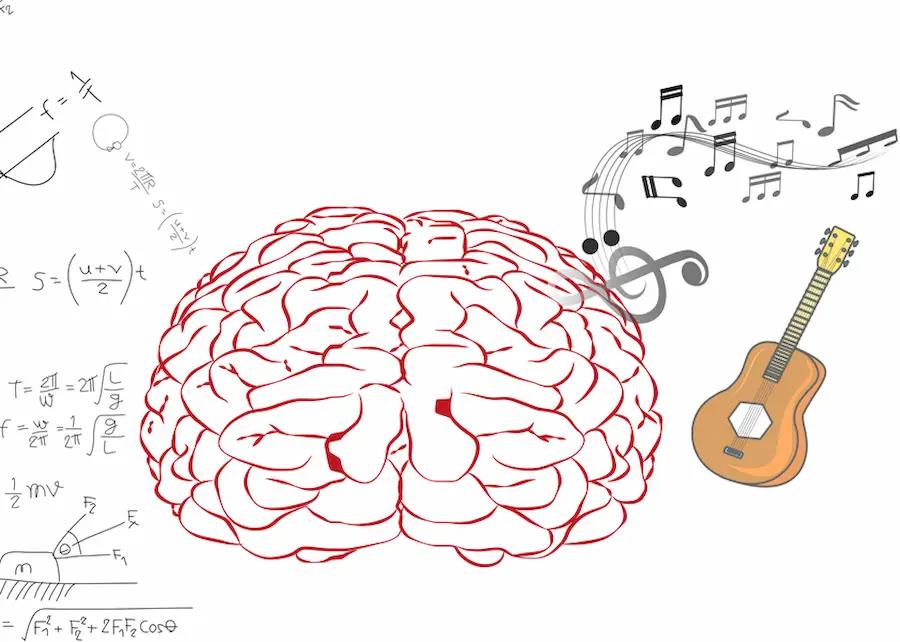Did you know that there is a strong relationship between math and music? Research has indicated that music activates the same area of the brain that is used for solving spatial-temporal reasoning problems. Conversely, understanding various fundamentals of math can help you learn to read and play music. Similarities in how the brain processes the two disciplines creates a beneficial overlap between the two.
Math is helpful when learning music and vice versa, because there are several places where math and music intersect. For example, numbers and mathematical principles can be used to teach or learn music. And when performing music, you rely on time signatures, beats per minute, and formulaic progressions, which reinforce math skills.
Good at math? You're probably capable of being good at reading music

We think of learning math as a logical process and learning to read music as a creative one. In truth, we rely on a combination of logic and creativity to be able to solve a math problem and play a piece of music. One of the strongest correlations between the two is that they're both dependent on numbers and division of time.
Written music is made up of individual notes that are broken into segments called measures. Each measure has the same number of beats, so the notes are assigned a fraction to indicate how long or short to hold the note. These are some of the same principles used in algebra, and you will also find correlations to trigonometry and even differential calculus in music. The similarities explain why people who are good at math also tend to be good at reading music.
Interestingly, we are so naturally drawn to the principles and logic of math that the most popular music shows some mathematical structure. Avant garde pieces that are discordant or those that do not follow a consistent time signature generally do not have wide appeal.
Which one should you study tonight?
Math and music are commonly used to help people learn concepts. Research has shown that children who learn through both music and verbal instruction (think of the ABC song) retain more information than those who learn through verbal instruction alone. Any time a teacher uses a musical element, like a song or rhythm, kids have an easier time retaining information. Even playing music in the background can help you when you're figuring things out.
Because studying music enhances a child's ability to learn math and other concepts, it can be helpful for students who are lagging behind their peers or struggling at school. Click on the link to read more about an easy method to help learn the first steps to reading music.
Thank you for visiting the official website of NANJING JAYSON IMP & EXP CO.,LTD. if you have any intention of cooperation,
please leave us a message or contact us in the following way. We will reply to you as soon as possible and serve you wholeheartedly!
CONTACT US



